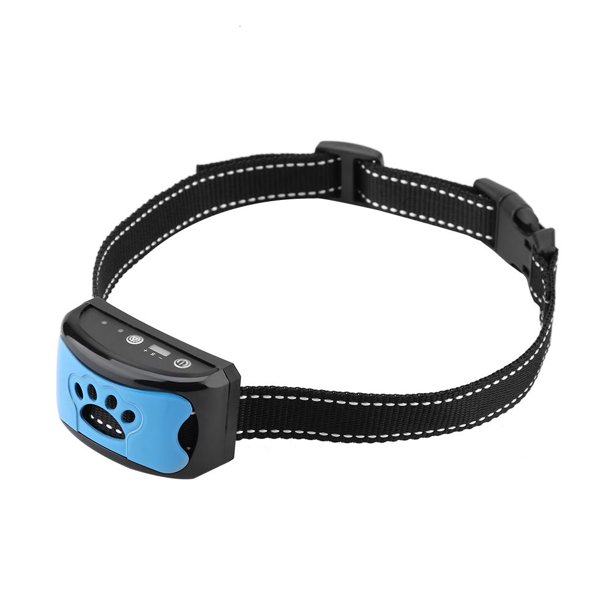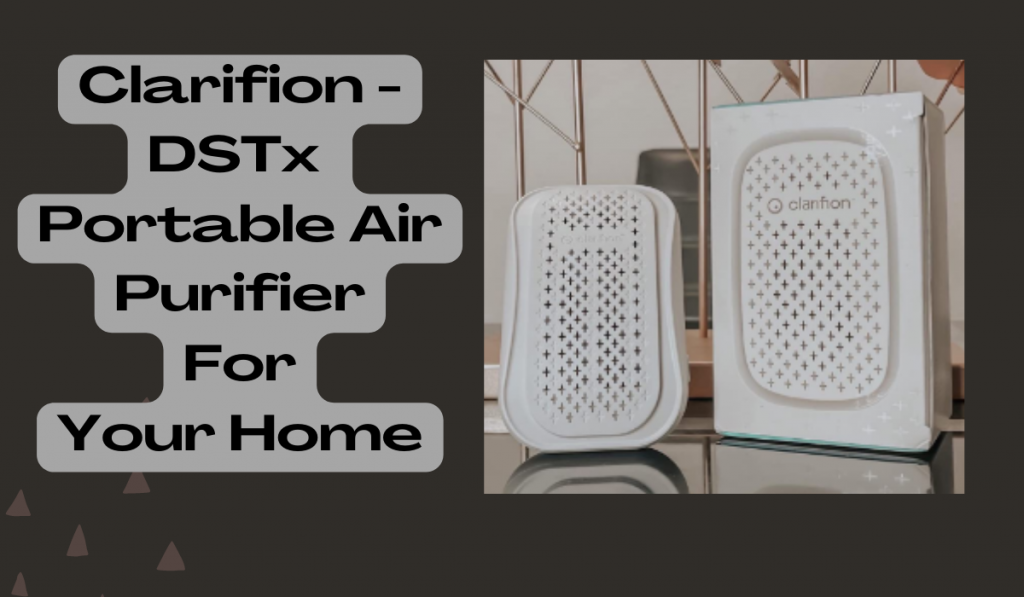Dog owners strive for their furry friends to be obedient and well-behaved. However, unwanted behaviours like excessive barking can cause a nuisance to the neighbours. To address this problem, bark collars are used, which are worn around a dog’s neck and emit sound, vibration, or static shock. Choosing a suitable dog bark collar can be challenging due to the availability of numerous options.
Here are five tips and advice to help you make an informed decision:
Determine the Reason for Your Dog’s Barking
Before you choose a bark collar for your dog, it’s essential to determine the reason for their excessive barking. Is it due to anxiety or fear? Are they trying to alert you of something? Are they barking out of boredom or frustration? Once you have identified the underlying cause of their barking, you can choose a bark collar that targets that specific behaviour. For example, if your dog is barking due to anxiety, a collar that emits a soothing sound or vibration may be more effective than one that uses a static shock.
Choose the Right Type of Bark Collar
Several types of bark collars are available, each with its advantages and disadvantages. The most common bark collars include sound, vibration, and static shock collars. Good collars emit a high-pitched noise when your dog barks, while vibration collars vibrate when your dog barks. Static shock collars deliver a small electrical shock when your dog barks excessively. Each type of collar has its level of effectiveness and can be more or less suitable for different types of dogs. For example, a good collar may be more effective for a dog that is easily startled, while a static shock collar may be more effective for a more stubborn dog.
Consider the Sensitivity of the Collar
When choosing a bark collar, it’s essential to consider the sensitivity of the collar. Some collars are designed to be more sensitive than others, so they may activate even when your dog is not barking excessively. This can be frustrating for your dog and may even worsen the barking. On the other hand, a collar that is not sensitive enough may not be effective in stopping your dog’s excessive barking. Look for a collar that allows you to adjust the sensitivity level appropriately for your dog’s barking behaviour. Some bark collars come with additional features such as remote control, rechargeable batteries, or adjustable settings to customise the stimulation level. Consider these additional features when choosing the suitable bark collar for your dog.
Look for Safety Features
Safety should be a top priority when using any electronic device on your dog. Look for bark collars with safety features such as automatic shut-off or a time-out feature. These features can prevent the collar from continuously activating and harming your dog. Additionally, follow the manufacturer’s instructions carefully to ensure that the collar is used safely and effectively. It’s essential to always supervise your dog while wearing the bark collar and remove the collar when not in use. Regularly check the collar for any signs of wear and tear to ensure it remains safe and effective for your dog.
Consider Your Dog’s Size and Temperament
Finally, consider your dog’s size and temperament when choosing a bark collar. A too-large or too-small collar may be uncomfortable or harmful to your dog. Additionally, some dogs may be more sensitive to the collar’s stimulation than others. Please take into account your dog’s breed, age, and temperament when selecting a bark collar to ensure that it is appropriate for your specific dog. Remember that every dog is unique and may require a different approach to address their excessive barking. Finding the suitable dog bark collar and training method for your dog may take some trial and error.
In conclusion, choosing the suitable bark collar for your dog requires careful consideration of several factors. Determine the underlying reason for your dog’s barking, choose the right type of collar, consider the collar’s sensitivity, look for safety features, and consider your dog’s size and temperament. By following these tips and advice, you can select a bark collar.
Author


